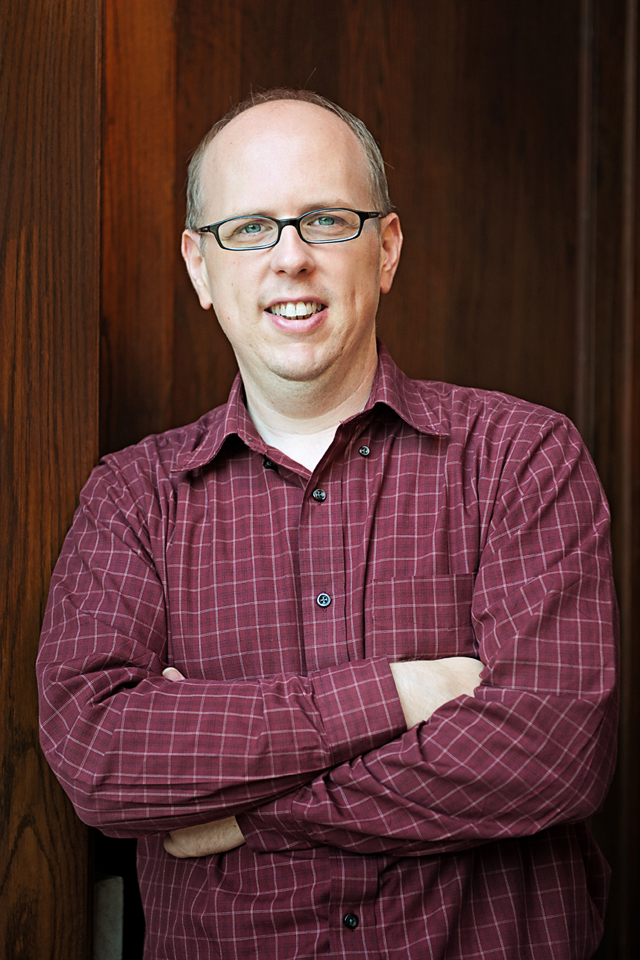- Current Students
- Discover CLASS
- Scholarships
- Back
- Scholarships
-
- Apply for Scholarships Online
- Dean's List Scholarship
- Dean's Graduate Scholarship
- The UNT Endowed Fund for College of Liberal Arts & Social Sciences Scholarship
- Charles T. & Mildred L. Newell Memorial Scholarship
- The Fenton Wayne Robnett Endowed Scholarship in Social Sciences Teaching Certification
- The Voertman-Ardoin Memorial Scholarship
- The Voertman-Ardoin Scholarships in Liberal Arts
- The A. M. Willis Endowed Scholarship
- The Eagles with Mettle Scholarship
- Other Types of Financial Support
- People
- Resources
- About Us
- CLASS Events
- Give
New to CLASS: Wesley Phelps
July 30, 2019
Wesley Phelps joining our Department of History faculty is a homecoming. We are excited to have him back at UNT!
 Why did you decide to teach at UNT?
Why did you decide to teach at UNT?
First, I wanted to teach at UNT because of the outstanding reputation of the university, especially its recent elevation to Tier 1 status. Second, and more personally, I wanted to return to teach at the university that had the most significant impact on my life. I was an undergraduate at UNT from 1998-2000 and an M.A. student from 2002-2004 before obtaining my Ph.D. from Rice University in 2010. My years at UNT, without a doubt, changed my life. When I arrived on campus in the fall of 1998, I felt like I had finally found my people! My classes were challenging and invigorating, and several excellent members of the faculty helped me realize that I had talent and promise. They gave me the confidence to pursue a career in academia when that idea had never crossed my mind. I am thrilled to be returning to teach at the very institution that played such an important role in my development as a historian and as a human being.
What are you most excited to teach your students?
I am most excited about teaching students parts of history that are unknown or even surprising to them. For example, most students know very little about the history of LGBTQ activism in the United States beyond the Stonewall uprising in 1969, and very few know about the rich history of that type of activism in the American South. I love to help students uncover people and events in the past they didn't know about and to show them how they can help us better understand our present.
What do you tell students or parents of students who are concerned about finding a career after graduation?
I have spoken with many students and parents who are concerned about career opportunities for someone with a degree in history. But the good news is that students who major or minor in history find careers in a wide variety of fields. Many go on to advanced graduate study in history, but the vast majority find employment in schools, libraries, museums, archives, publishing houses, historic parks and battlefields, documentary filmmaking, and local and national government, as well as in a wide variety of private industries. The reason our students have so many career options with a degree in history is the great value of the many skills they learn in history departments. Employers are hungry for graduates who can think critically, analyze massive amounts of information, evaluate sources, and communicate ideas through speaking and writing. Students who graduate with degrees in history possess all of these skills, and we see students successfully navigating the employment market when we have prepared them to articulate these skills to potential employers.